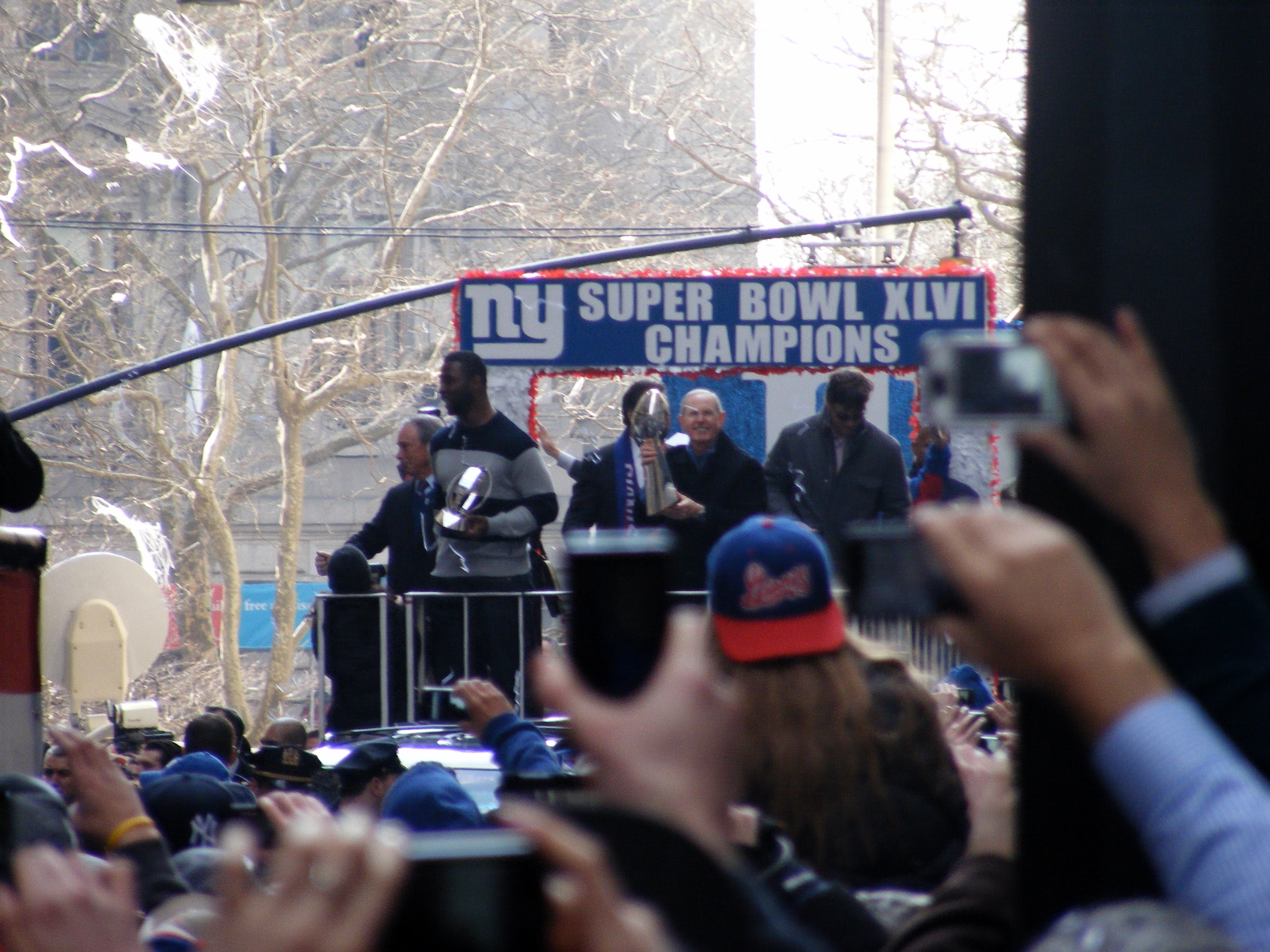“Here to present the Lombardi Trophy to the world champion New York Giants, the commissioner of the NFL, Roger Goodell.”
Wait, what? The Super Bowl is a world championship game now?
Dan Patrick certainly wasn’t the first to refer to the Super Bowl champion as the “world champions” of football. He was but the latest example of the impudent nature of professional sports in America.
Technically speaking, while the NFL arguably employs the top athletes who play the North American brand of football, the Super Bowl is not a “world championship.” It is the championship game in a privately operated American league for a sport that is not yet recognized, accepted and accessible to players around the world to the extent other, truly international, sports are.
While there are most definitely players who play in the NFL who were not born and raised in the U.S., the league is still many years away from achieving the same level of international parity and inclusion that can be found in other major leagues for sports such as hockey, baseball, basketball and, most especially, soccer (or football).
Of course, the U.S. isn’t the only country to play the North American variety of football — Canada has its own league with slightly different rules. The only difference is that the Americans altered their game over 100 years ago, while the Canadian game has remained relatively unchanged.
According to an article by John Kryk of Sun Media, a committee in charge of the rules governing college football in the United States in the early 1900s agreed upon several new sets of rules that drastically changed the sport at the time, and helped to define the American game that we recognize in the NFL and NCAA today.
Included, amongst other changes: the introduction of the fourth down and the shortening of the playing field to an even 100 yards. Most of these rules were enacted to improve safety and increase scoring opportunities.
Meanwhile, we Canadians have managed to preserve three down football, in all its punt-heavy glory.
It could then be argued that the CIS and CFL still represent the most pure form of the sport — first introduced as a modified version of rugby back in the late 1800s. The Grey Cup had been in existence for 55 years before the first championship game between the AFL and the NFL in 1967. Therefore, the Grey Cup could easily be considered the original “world championship” of football. (As Canadians we’re unlikely to display such hubris.)
Here’s the bottom line: just because the NCAA and NFL individually have more glitz, glamour and capital than the CIS and CFL combined does not automatically mean their version of the game is the definitive yardstick to determine the “world champions” of the game.
Frankly, there won’t be a true world champion of football until there’s a truly competitive international community established (The International Federation of American Football is not quite there yet) willing to compete in a semi-annual international tournament.
Until then, claiming to be the “world champion” of football will be silly as the notion of restricting entry for the World Series of baseball to clubs from the U.S. (and Toronto) exclusively.


